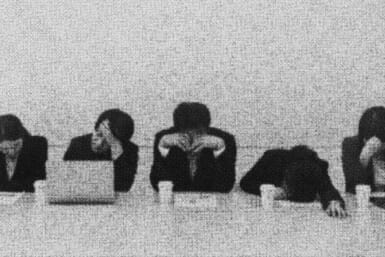As we welcome in a brand-new year, we look back on 20 Japanese headline-makers in 2018, focusing on sports and entertainment.
Entertainment
Hirokazu Kore-eda
Cannes regular Hirokazu Kore-eda finally won a Palme d’Or at the fifth time of asking for his bittersweet masterpiece Shoplifters about a family of thieves scraping a living in downtown Tokyo. Jury president Cate Blanchett said of the film: “We were completely bowled over by Shoplifters. How intermeshed the performances were with the directorial vision.” Ethan Hawke, Juliette Binoche and Catherine Deneuve will star in Kore-eda’s next film.
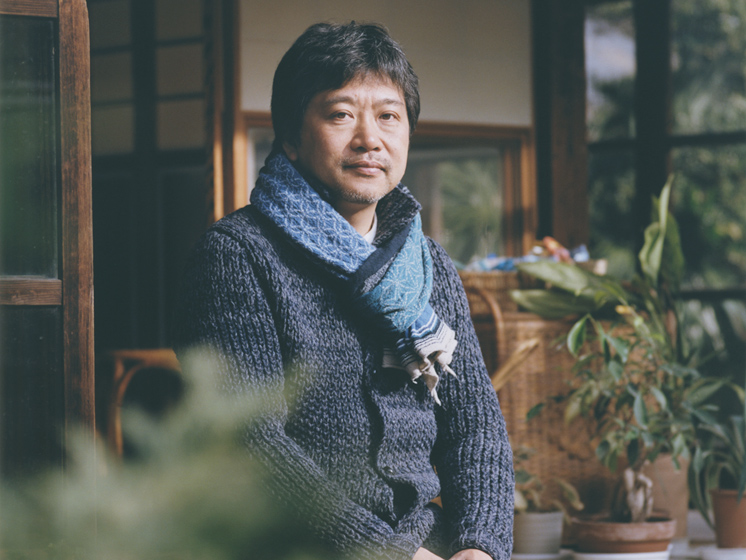
Hirokazu Kore-eda
Namie Amuro
Pop princess and fashion icon Namie Amuro officially retired this year after more than a quarter of a century in the music industry. Around 750,000 of the 5.1 million people who applied for tickets (a record number for a solo artist here) were able to attend her domestic retirement tour. The 41-year-old’s farewell album, Finally, is currently the 2010s’ best-selling album in Japan.
Naomi Watanabe
Joining the likes of Donald Trump, BTS and Rihanna, Naomi Watanabe was this year named by Time magazine as one of the “25 Most Influential People on the Internet.” The comedian, who is Japan’s leading SNS star with 8.4 million Instagram followers, recently revived her iconic Beyoncé impersonation for Alibaba’s “Double 11 Gala,” sharing the stage with Mariah Carey and Miranda Kerr.
Kenshi Yonezu
Written for the award-winning TBS forensic drama series Unnatural, Kenshi Yonezu’s mega-hit “Lemon” reached one million downloads in Japan faster than any song in history. The moving track about coping with the loss of a loved one currently has more than 220 million views on YouTube. Four of his videos have exceeded the 100 million mark. The popular singer previously released Vocaloid music under the name Hachi.
Kei Tanaka, Kotaro Yoshida & Kento Hayashi
The much-hyped late-night drama Ossan’s Love swept the board at the 97th Television Academy Awards, winning Best Drama, Screenplay and Director accolades. Kei Tanaka received the Best Actor gong while co-star Kotaro Yoshida pipped Kento Hayashi to the Best Supporting Actor prize. The story focuses on Soichi (Tanaka) who loves women but finds himself at the center of a gay love triangle with his middle-aged boss Musashi (Yoshida) and roommate Ryota (Hayashi).
Kazuhiro Tsuji
Asked to take on the role of Winston Churchill in Joe Wright’s film Darkest Hour, Gary Oldman agreed on one condition: Kazuhiro Tsuji would have to come out of retirement to do his make-up. The Japanese artist complied, and both men picked up Oscars for their efforts. Oldman was named Best Actor while Tsuji, along with colleagues Lucy Sibbick and David Malinowski, won in the Best Makeup and Hairstyling category.
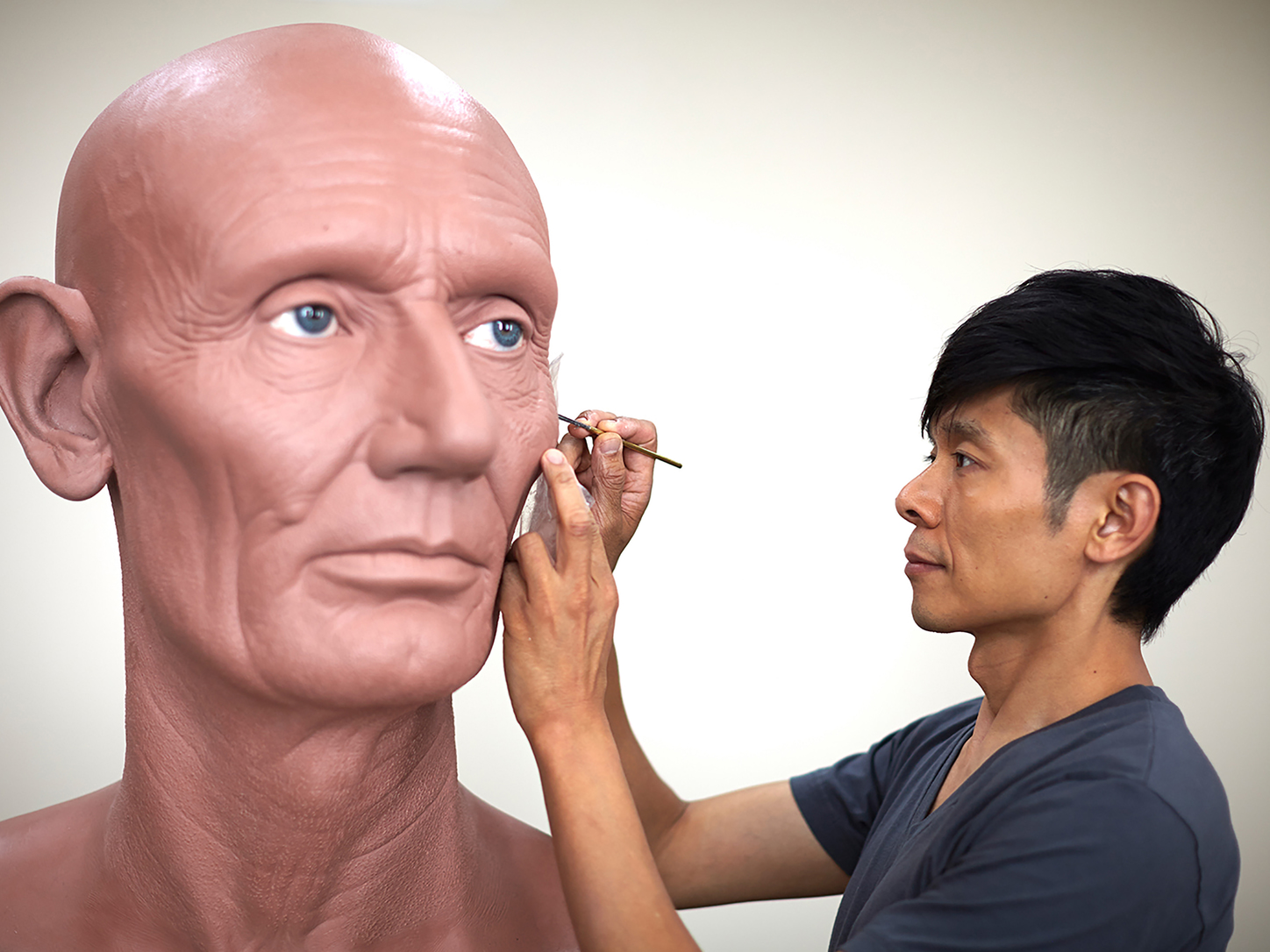
Kazuhiro Tsuji
Tatsuya Yamaguchi
Powerful talent agency Johnny & Associates terminated the contract of Tokio bassist Tatsuya Yamaguchi after he was accused of indecent assault on a high school student at his house while drunk. According to a lawyer from Johnny’s, the entertainer kissed the victim against her will. Speaking at a hastily arranged press conference, Yamaguchi said he had to “take a long hard look at himself.”
Hikaru Utada
It was another eventful year for Hikaru Utada. The popular singer released her seventh Japanese album Hatsukoi (First Love) in June, just two months after announcing her divorce from Francesco Calianno. Toward the end of 2018, she embarked on her first domestic tour in 12 years. Playing a dozen shows, she concluded things on December 9, which marked two decades since her debut single “Automatic.”
Akio Matsumoto
A tongue-in-cheek spat between Hokuei mayor Akio Matsumoto and American talk-show host Conan O’Brien was put to bed in September when the latter visited the small town in Tottori, dubbed “Conan Town” due to its ties with the manga series Detective Conan. The pair went back-and-forth with a series of demands after O’Brien had asked for three trillion yen in indemnities for the appropriation of his name.
Shinichiro Ueda
Striking gold with his first feature-length film, Shinichiro Ueda wrote, directed and edited One Cut of the Dead, an independent zombie movie that has already made 1,000 times its original budget at the box-office. Using an unknown cast, he made the film in just eight days for a meagre ¥3 million. (Read our interview with actress Yuzuki Akiyama on page 24.)
Sport
Naomi Osaka
In September, Naomi Osaka became the first tennis player representing Japan to win a grand slam. The 21-year-old Haitian-Japanese star enjoyed a stunning US Open dropping just one set in seven matches at Flushing Meadows. She defeated her idol Serena Williams 6-2, 6-4 in the final, but was in tears post-match as boos (directed more at the umpire) rang around the Arthur Ashe stadium.
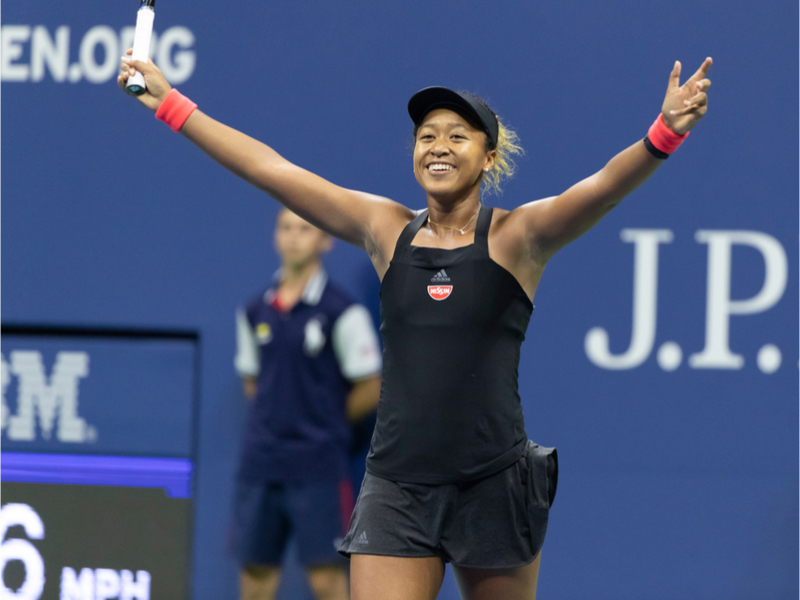
Naomi Osaka
Shohei Ohtani
The fourth Japanese player to win the American League Rookie of the Year award, Shohei Ohtani finished the season with 22 homers and 63 strikeouts. The 24-year-old, nicknamed “Showtime,” became the first player since Babe Ruth in 1919 to hit 15 home runs and pitch 50 innings in a season. He recently underwent Tommy John surgery, which is expected to keep him off the mound until 2020.
Rikako Ikee
The first female to win the MVP award at the Asian Games, swimmer Rikako Ikee left Indonesia with six gold medals, including individual titles in the 50m and 100m freestyle as well the 50m and 100m butterfly. She also won two golds and two silvers in relays. The 18-year-old, who competed in seven races at the Rio Olympics, has been touted as the potential poster girl of the 2020 Games.
Samurai Blue
Japan exceeded expectations at the World Cup in Russia however the inept performance in the final group game against Poland still leaves a bitter after-taste for some fans. Akira Nishino’s men got through the group after a surprise win over Colombia and a creditable draw with Senegal. They were eventually knocked out by third-ranked side Belgium who scored in injury time to win 3-2 in one of the games of the tournament.
Taisuke Miyagawa
In May, an ugly tackle in a college American football match that left a Kwansei Gakuin University quarterback with concussion made front-page headlines and sparked a national debate about the submissive attitude of Japanese people towards figures in authority. Taisuke Miyagawa, a linebacker for Nihon University, claimed he was instructed to “crush” the opposing player by his coaches and wasn’t strong enough to refuse the order.
Japanese Basketball Team
Four players from Japan’s men’s basketball team were sent home in disgrace from the Asian Games in Indonesia for soliciting sex. Yuya Nagayoshi, Takuya Hashimoto, Takuma Sato and Keita Imamura allegedly spent the night with four prostitutes at a Jakarta hotel. They were spotted by an Asahi Shimbun reporter in a notorious red-light district wearing their national uniforms.
Yuta Watanabe
In more positive basketball news, Yuta Watanabe became the first Japanese player since Yuta Tabuse 14 years ago to play in the NBA. The 24-year-old rookie made his debut for Memphis Grizzlies in their 117-96 win over Phoenix Suns. He only played for four minutes but scored two points and grabbed two rebounds.
Yuzuru Hanyu
In PyeongChang, Yuzuru Hanyu became the first male figure skater since Dick Cotton in 1952 to win back-to-back Olympic titles. He finished 10.95 points ahead of compatriot Shoma Uno to take home the gold and was subsequently serenaded with Winnie the Pooh teddies. A Hanyu Parade held in his native Sendai generated an estimated ¥1.85 billion that will be donated to a local skating federation.
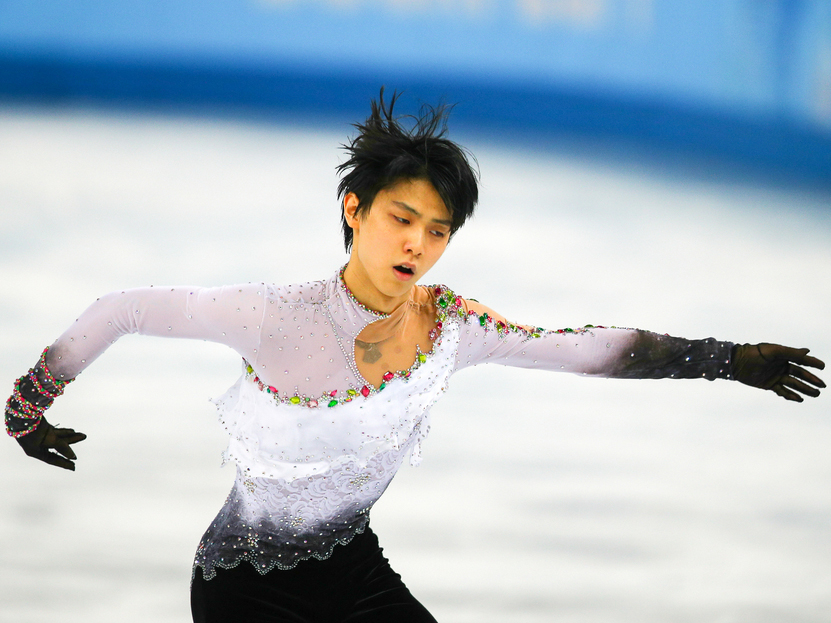
Yuzuru Hanyu
Nao Kodaira
Just three weeks after her close friend and former teammate Miyako Sumiyoshi passed away, speed skater Nao Kodaira headed out to PyeongChang to compete in the 500 meters and 1,000 meters. A favorite for both, she managed a silver in the latter before romping to victory in the 500. Known as Boze Kat (Dutch for “angry cat”), she is the world’s dominant force in both events.
Takagi Sisters
Between them, speed skating sisters Miho and Nana Takagi won five medals in PyeongChang. The latter took home a silver in the 1,500 meters and a bronze in the 1,000 while younger sibling Nana was victorious in the inaugural mass start speed skating competition. The pair also struck gold in the team pursuit alongside Ayaka Kikuchi and Ayano Sato, beating Holland by 0.13 seconds in the final.




